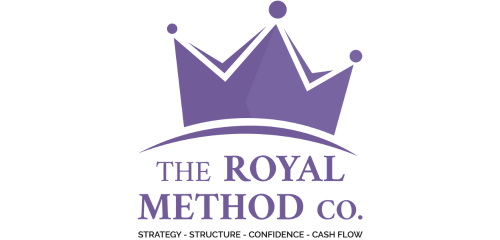Credit is an essential part of modern life, influencing our ability to secure loans, housing, and even employment. However, the world of credit is complex and sometimes daunting. To protect consumers, there are laws in place that regulate how credit information is collected, reported, and used. In this blog post, we will explore two crucial pieces of legislation: the Fair Credit Reporting Act (FCRA) and the Equal Credit Opportunity Act (ECOA), and how they serve as shields for consumers in the realm of credit.
1. Fair Credit Reporting Act (FCRA): Guarding Your Credit Information

The Fair Credit Reporting Act (FCRA) is a federal law that regulates the collection, dissemination, and use of consumer credit information. Its primary goal is to ensure the accuracy, fairness, and privacy of your credit information. Here’s how FCRA protects you:
- Access to Your Credit Report: Under FCRA, you have the right to access your credit report from each of the three major credit reporting agencies (Equifax, Experian, and TransUnion) once a year for free. Regularly reviewing your credit report is essential to identify and dispute any inaccuracies.
- Dispute Process: FCRA empowers you to dispute any errors or inaccuracies you find on your credit report. Credit reporting agencies must investigate and correct any information that cannot be verified.
- Notification of Adverse Actions: If a lender, employer, or insurer takes an adverse action based on your credit report (such as denying credit or a job application), they must provide you with an adverse action notice that includes the credit reporting agency’s information. This notice gives you the chance to review your credit report and address any inaccuracies that may have led to the adverse action.
- Limitation on Reporting Time: FCRA sets limits on how long negative information can appear on your credit report. Most negative information must be removed after seven years.
2. Equal Credit Opportunity Act (ECOA): Ensuring Fair Lending Practices

The Equal Credit Opportunity Act (ECOA) prohibits creditors from discriminating against credit applicants on the basis of race, color, religion, national origin, sex, marital status, age, or because you receive public assistance. Here’s how ECOA protects consumers:
- Equal Access to Credit: ECOA ensures that every individual has an equal opportunity to apply for and obtain credit. Creditors are not allowed to consider personal characteristics or sources of income when making credit decisions.
- Adverse Action Notices: Like FCRA, ECOA requires creditors to provide adverse action notices to applicants who are denied credit. These notices inform you of the specific reason for the denial.
- Spousal Signatures: ECOA allows an applicant to use their spouse’s income and credit history when applying for credit, even if the spouse does not sign the credit application. This helps married individuals access credit based on the household’s overall financial situation.
- Prohibition of Coercion: ECOA prohibits creditors from coercing or intimidating applicants during the application process. Creditors must treat all applicants with respect and fairness.
Conclusion

understanding your rights under the Fair Credit Reporting Act (FCRA) and the Equal Credit Opportunity Act (ECOA) is crucial in navigating the complex world of credit. These laws provide essential protections that empower consumers to review and correct their credit reports, dispute inaccuracies, and ensure that they are treated fairly in credit transactions. By being aware of these laws and asserting your rights, you can safeguard your financial well-being and maintain a healthy credit profile.

